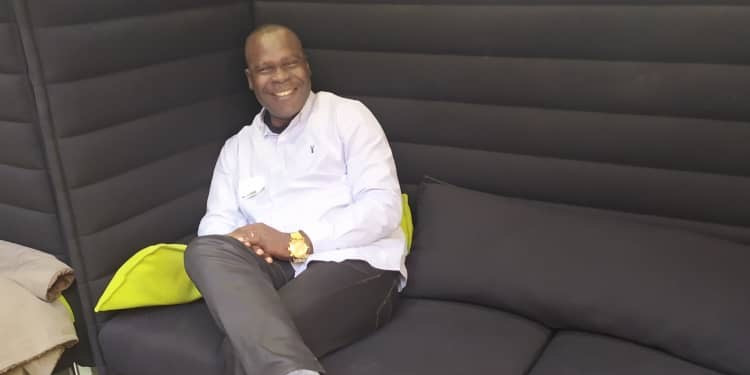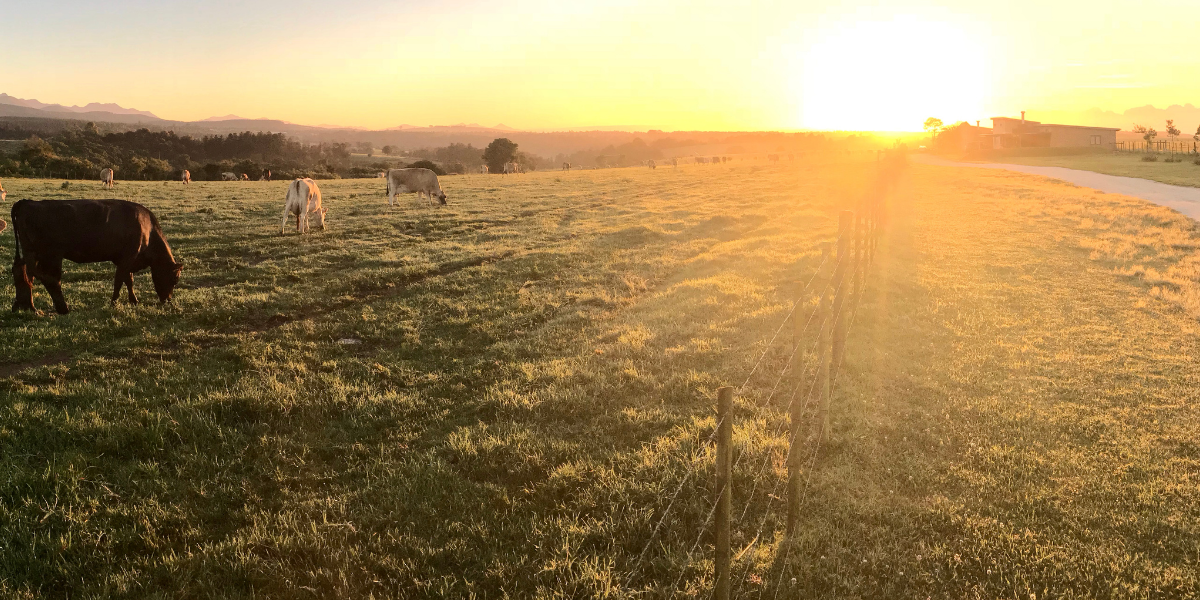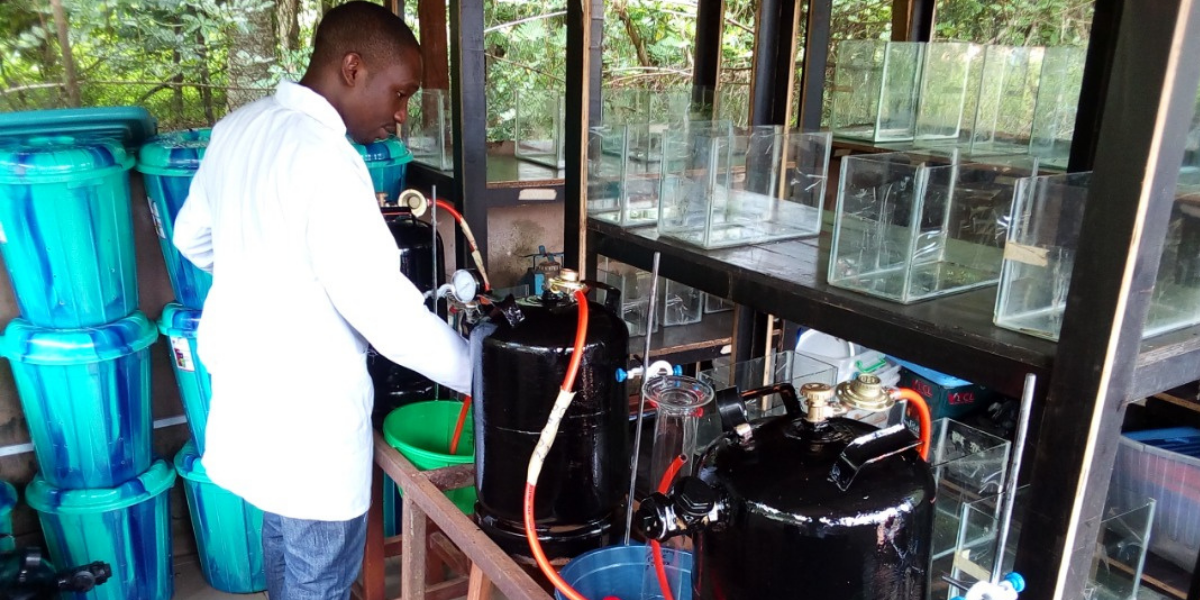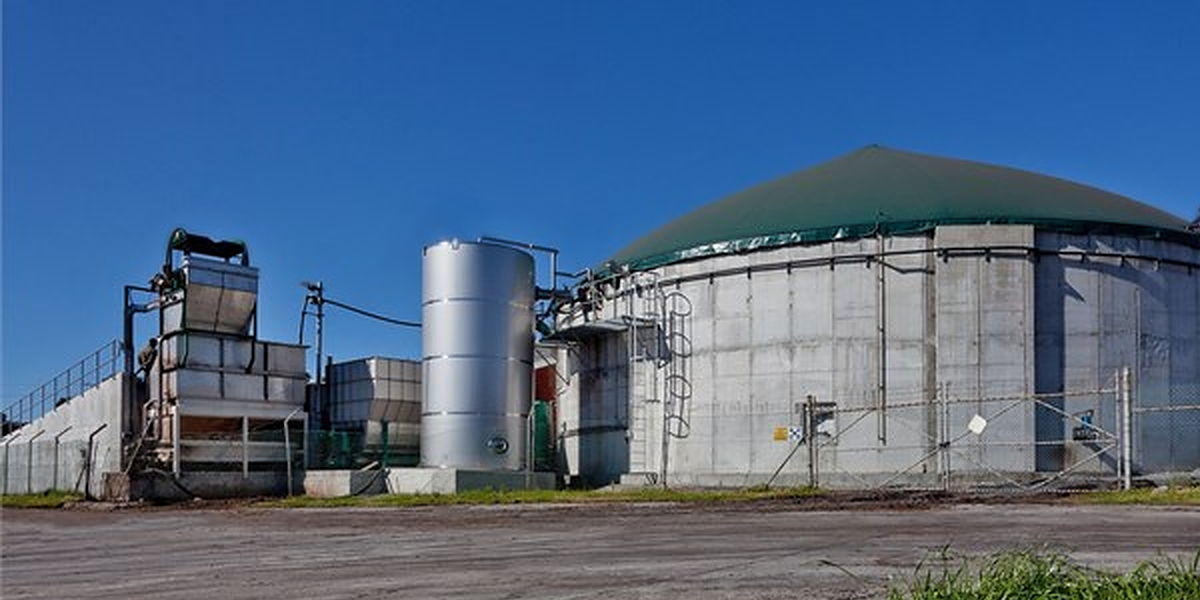
Professor Christopher Emokaro is Professor of Agricultural Economics and Commonwealth Professional Fellow from the University of Benin. He has been Assistant Dean of Agriculture (2011-2014) and Head, Department of Agricultural Economics and Extension Services (2013 – 2015). Also, Principal Research Fellow at LAPO Institute of Microfinance and Enterprise Development (2018 – 2019, on Sabbatical Leave Appointment).
Dr Akan Odon recently interviewed Christopher to find out a little more about him and his opinions and experience in the bioenergy sector..
Give us a sense of your current work and affiliations.
Currently engaged in teaching and research at the University of Benin, where I am also the current Director, Centre for Distance Learning. I am also a Co-Investigator on RECIRCULATE Work Package 4 (WP4) at the University of Benin. My current research is on agricultural resource productivity and utilization.
How did you get to hear about and engage with RECIRCULATE as a project?
Right from the outset, at the conception stage, being privy to the buildup that led to successful bid.
What has been your experience engaging with the RECIRCULATE project so far?
Impactful, in one word.
What do you consider are the two biggest challenges that research faces in Africa?
- Dearth of well targeted funding and
- Poor institutional commitment, even where such funds are available.
What are your views of the state of bioenergy in Africa what are the challenges you see?
Bioenergy is still at its embryonic stage of acceptability and adoption, despite the obvious benefits accruable from its usage. The major challenge being that the underlying technology has not been widely diffused for ease of application and mass adoption.
Are there opportunities you think can be explored bearing in mind these challenges you highlighted?
Vast opportunities exist in the huge energy gaps all over Africa, coupled with the mountains of municipal wastes constituting environmental hazards even in some urban centres.
In your view, what are the two key sustainable development goals (SDGs) that you believe RECIRCULATE addresses as a project and which two goals should it be addressing even more?
The two key SDGs that I believe RECIRCULATE addresses as a project are: Decent Work and Economic Growth (8) and Climate Action (13).
The two goals it should be addressing even more are: Good Health and Wellbeing (3) and Affordable and Clean Energy (7).
Any final thoughts or ideas for further engagements?
I am of the view that the RECIRCULATE project has done well so far, when measured against its KPIs. The impact in such a short span is remarkable. This only goes to show that a lot can be achieved in the African continent if the proper tools are applied. Again, this brings hope to the millions of African youths who may have nursed some doubts and uncertainty about the future of the continent.
All articles in The FLOW are published under a Creative Commons — Attribution/No derivatives license, for details please read the RECIRCULATE re-publishing guidelines.




